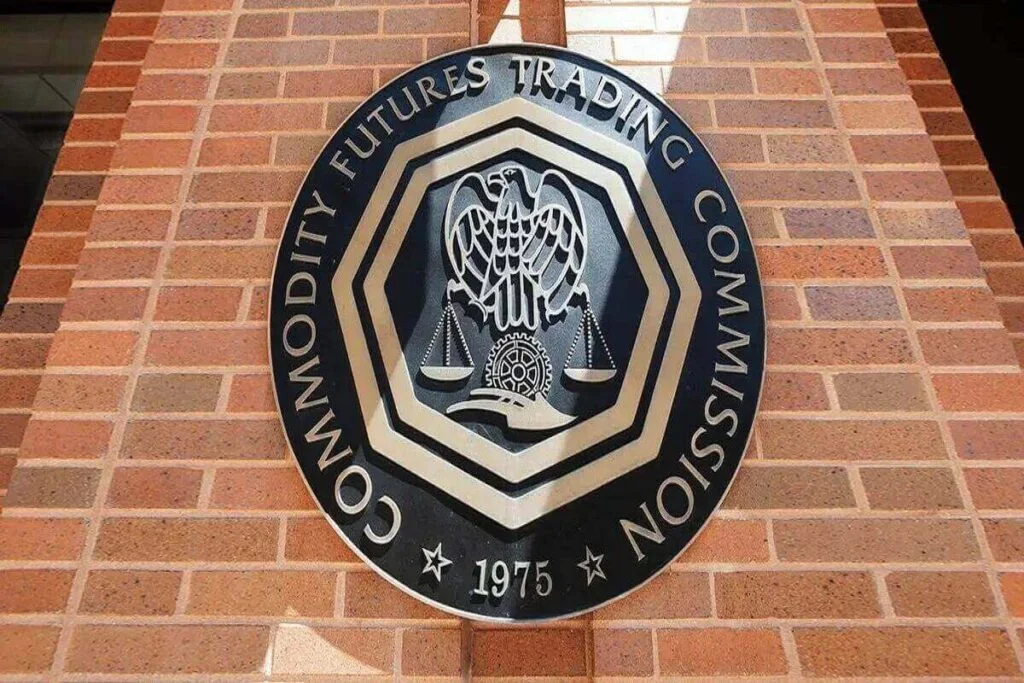Focusing on the spectrum between centralization and decentralization in the majority of DeFi systems for regulatory purposes, the report attempts to direct U.S. policy discussions.

The Digital Assets and Blockchain Technology Subcommittee of the Commodity Futures Trading Commission (CFTC) has published an extensive report entitled “Decentralized Finance.”
The report, which has received support from CFTC Commissioner Christy Goldsmith Romero, endeavors to provide insight into the developing concerns associated with digital assets, specifically in the realm of decentralized finance (DeFi).
CFTC Commissioner Stresses the Importance of a Comprehensive Study on DeFi
Advocated by CFTC Commissioner Romero, comprehensive research on digital asset-related issues is imperative to avert unintentionally detrimental outcomes.
Additionally, the report aims to provide insights that can be utilized in the ongoing policy deliberations of the CFTC, state legislatures, and the U.S. Congress.
The report emphasizes that the advantages and disadvantages of DeFi are closely intertwined with the configuration and characteristics of particular systems.
Significantly, it underscores the fact that the majority of DeFi systems function along a continuum, positioned between total centralization and decentralization.
The Department of Treasury also published a report in April that addressed the risks associated with illicit financing in DeFi.
In addition, the report suggested that federal regulators and industry stakeholders should foster greater collaboration.
The commencement of this involvement is reflected in the recently published report from the CFTC, which signifies a substantial advancement in tackling the difficulties linked to the swiftly developing DeFi ecosystem.
Report Raises Concerns About AML/CFT Protections in the DeFi Ecosystem
A primary issue highlighted in the report concerns the absence of well-defined chains of command and accountability in DeFi systems.
Consumers, investors, financial stability, market integrity, and illicit finance are all at risk due to this ambiguity.
The report promotes the importance of prompt collaboration between government and industry stakeholders to improve comprehension and effectively tackle these issues.
In light of the persistent abuses of DeFi and its vulnerability to unlawful operations stemming from the lack of Anti-Money Laundering/Combating the Financing of Terrorism (AML/CFT) safeguards, the report proposes particular courses of action.
According to the CFTC, policymakers must also adopt a comprehensive approach by evaluating the gathering of identity information in DeFi systems and pinpointing any deficiencies in compliance or requirements.
The report proposes the assessment of potential strategies for implementing regulations and mandates on the discoverability and verification of identity information throughout various tiers of the DeFi ecosystem.
Furthermore, the report by the CFTC underscores the importance of regulatory bodies and industry participants working together to enhance their comprehension of DeFi, including its risks and potential remedies.
In light of the fact that DeFi continues to be a target of cyber intrusions, theft, and illicit finance risks, policymakers must engage in an exhaustive dialogue to resolve these obstacles and promote a more regulated and secure DeFi environment.
